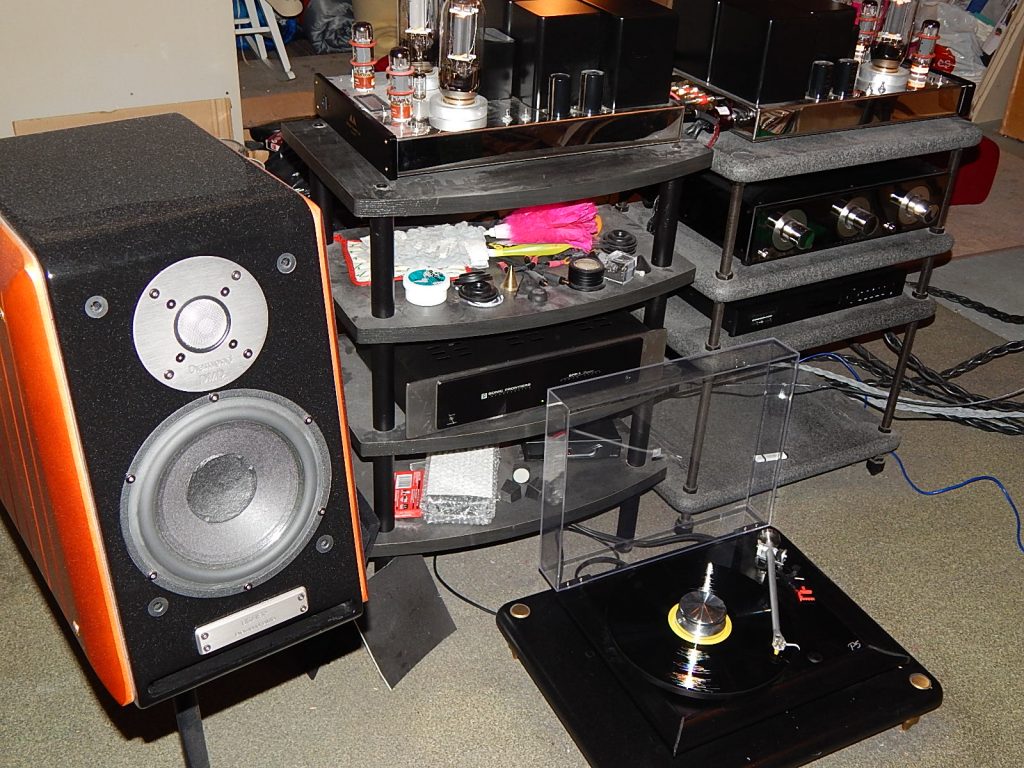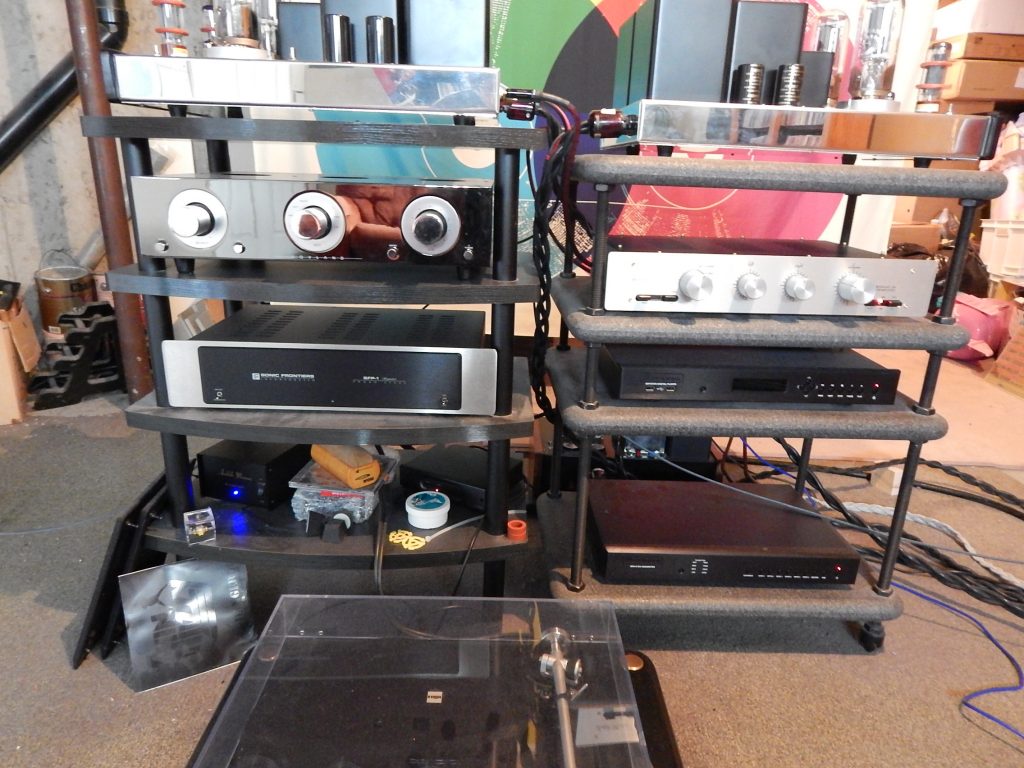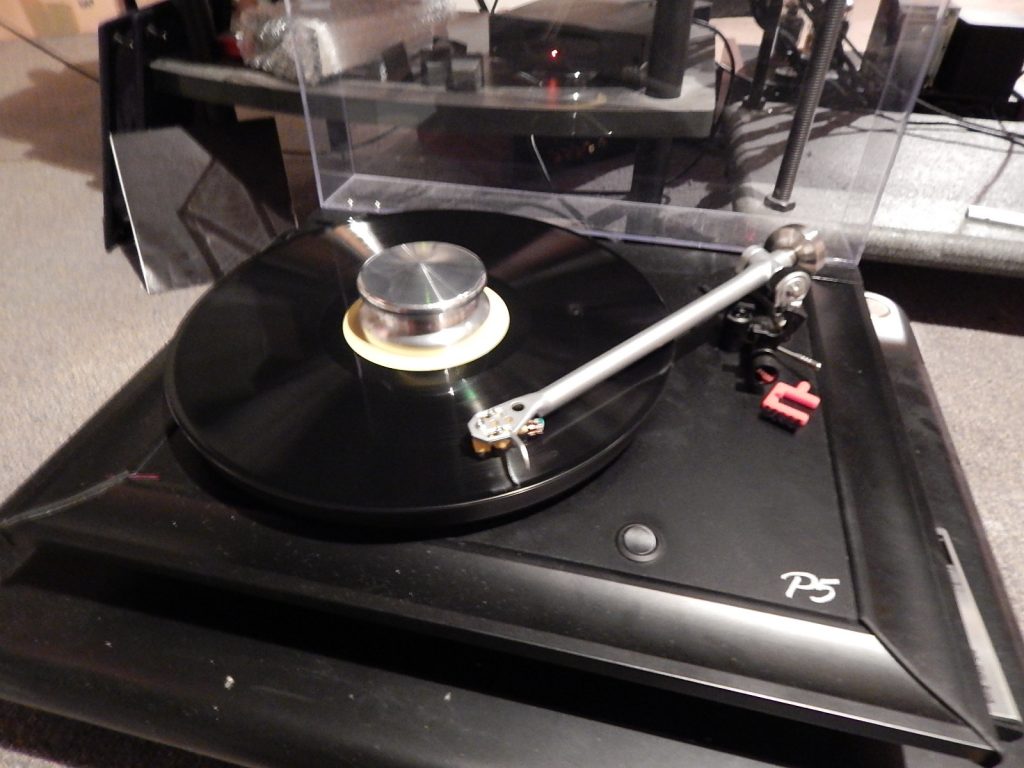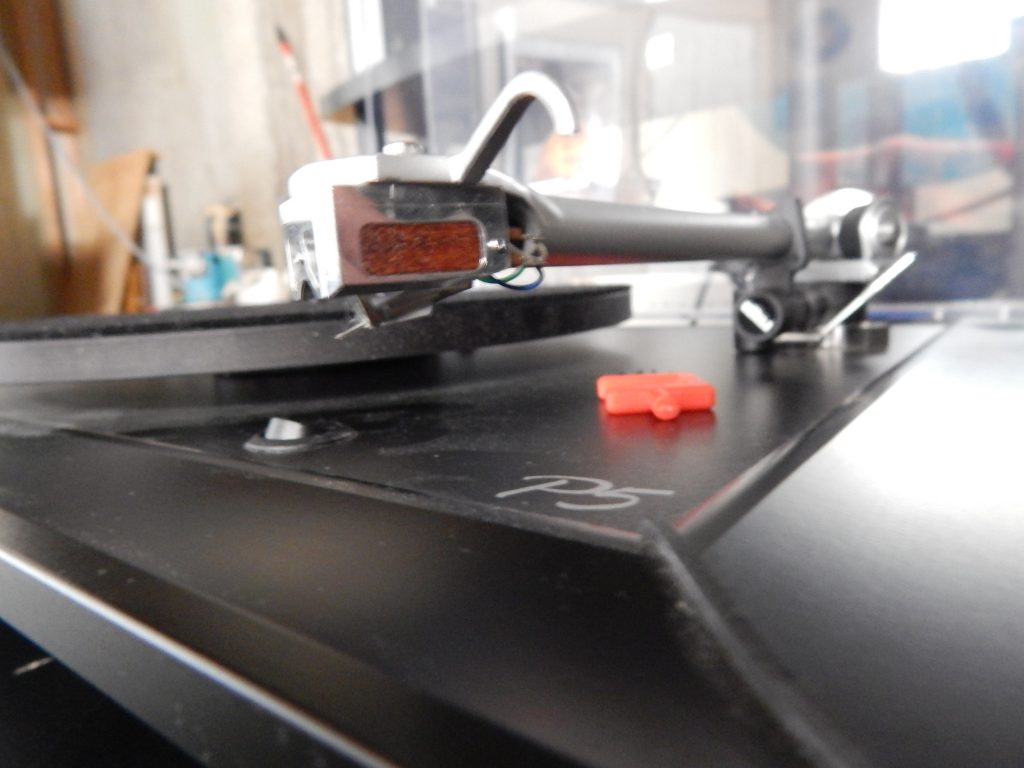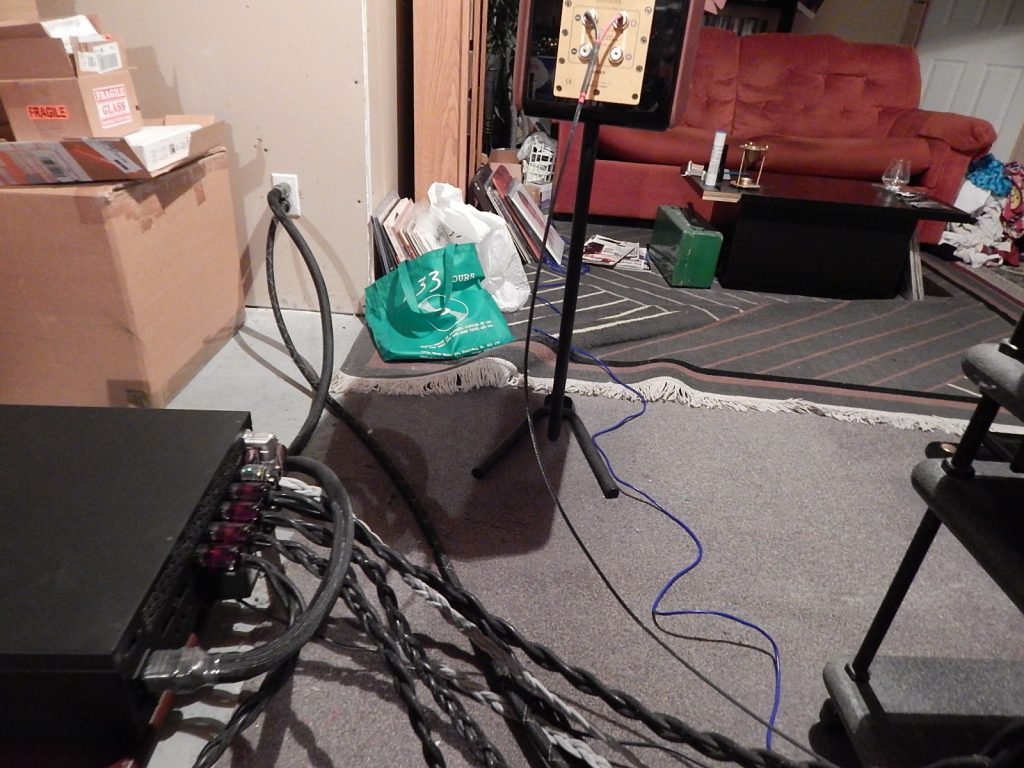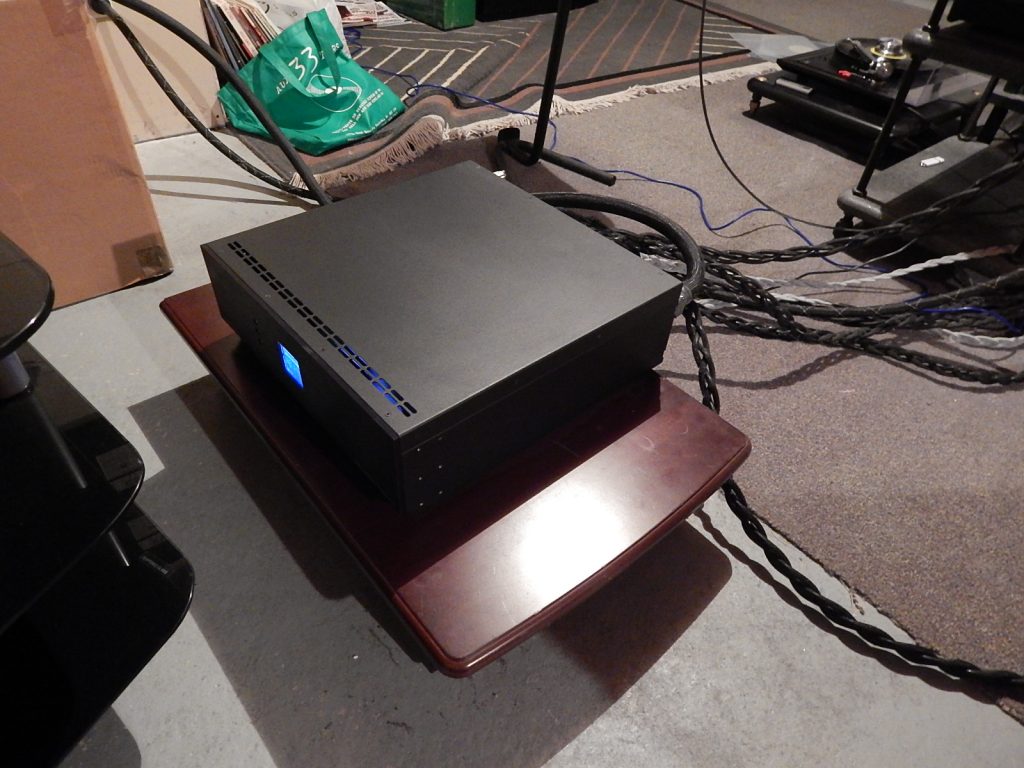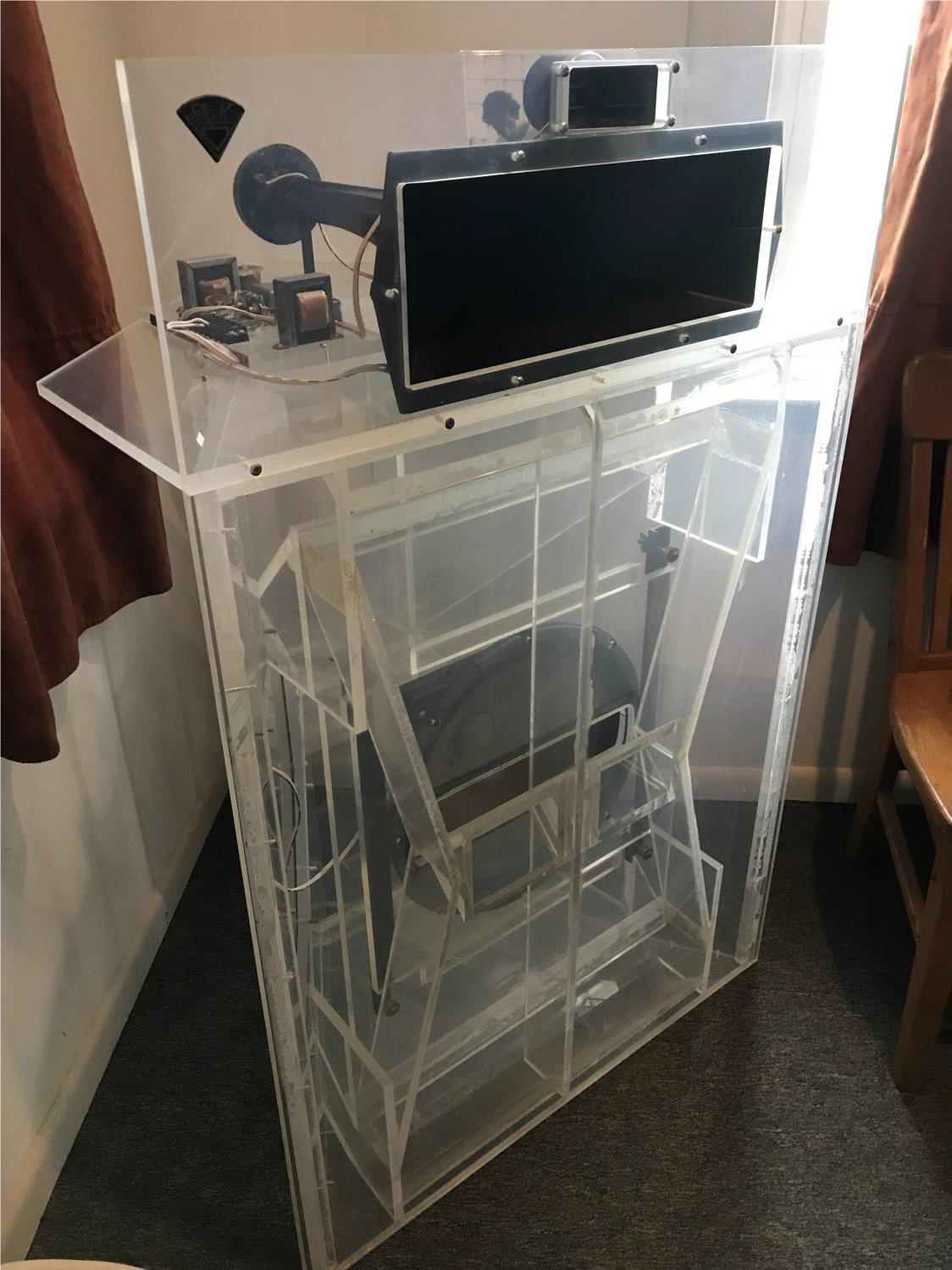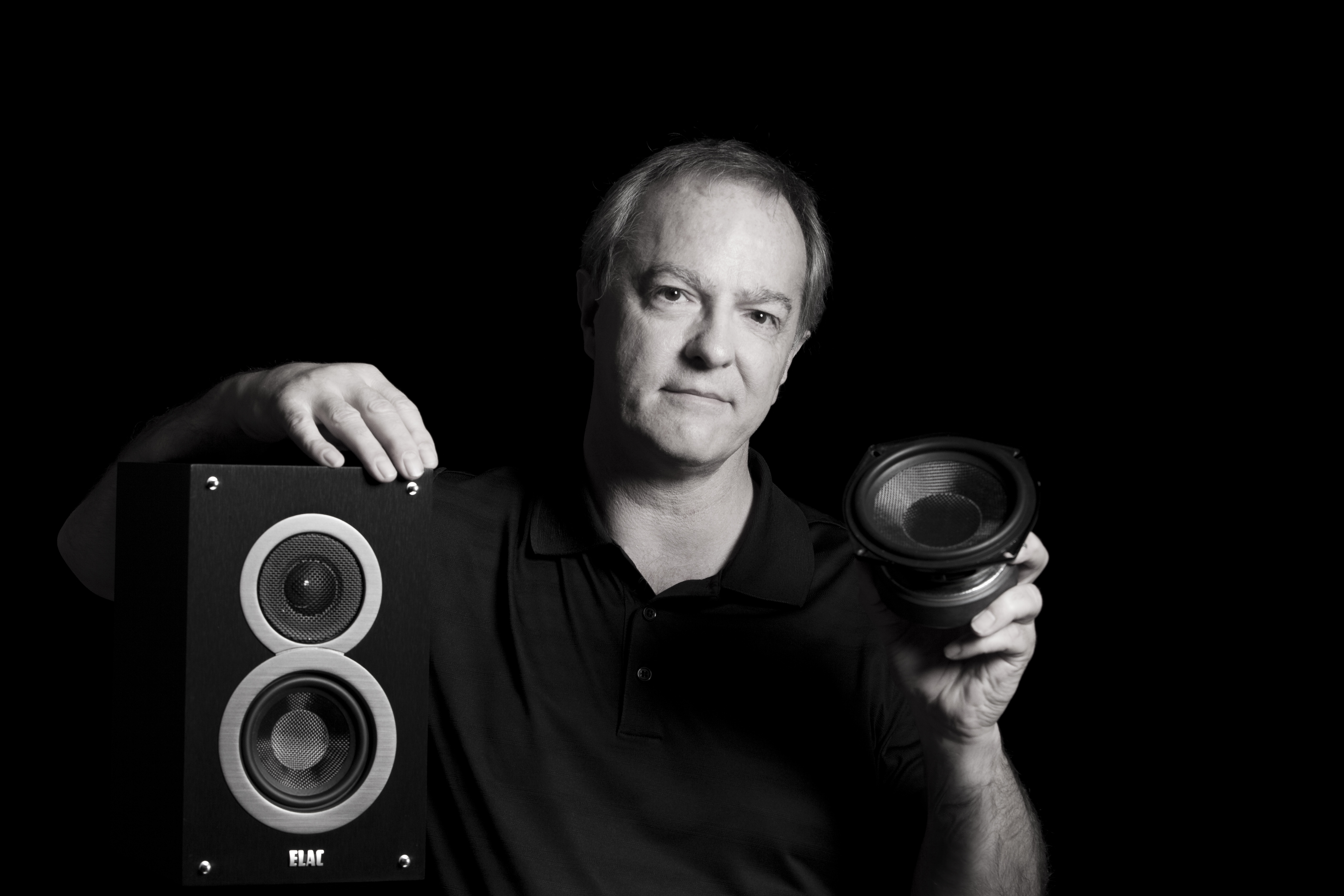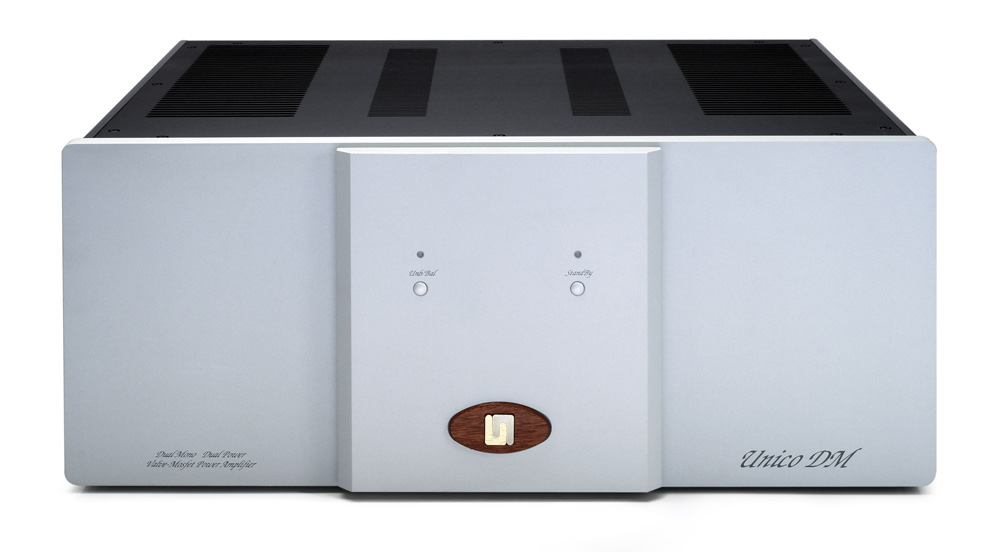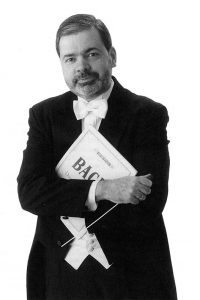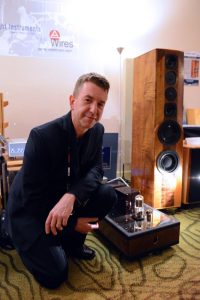We can't hear the absolute absolutely. Our ears are organic matter evolved over generations of overlapping genes. No two are exactly alike, including our own, just as no two ears located at the slightly lopsided extremities of a bumpy skull are diametrically synchronized. Add to that that both can't be equally sensitive to sound or deteriorate at the same rate and the only absolute we end up with is the knowledge that our ears, throughout our lifetimes, will have never heard with absolute accuracy.
To that, I say: so what? As the maxim goes, we can't miss what we've never had, nor does the average person tend to notice the gradual decline of age-related hearing loss. The fact that our ears aren't perfectly symmetrical or matched doesn't discredit the pains we take in trying to connect deeply with our music; it validates them with artistic purpose. We are tweaking our systems to suit our hearing and our hearts.
There is, however, in the hearing disparity between biologically unique microphones, an existential question at the heart of the audiophile community: if no two sets of ears hear real or reproduced music exactly alike, how do we come to terms with what we're hearing in a way we can all relate to, collectively as well as personally?
Cue in our most cherished method of evaluating audio gear: subjective audio analysis, which, by dint of a person's music-listening experience, both past and in real time, provides a descriptive template of reproduced sounds that is at once specific and broad enough to apply to one and all, regardless of the differences in our hearing.
It's why I have a soft spot for the sort of subjective analysis that a) employs a variety of our senses to describe sonic/musical attributes, and, b) maintains a well-adjusted balance between the subjective (a human being as receptor to musical stimuli) and the objective (critical observation of sound reproduction).
Get these right and it's an approach that can transform a concept as intangible and one-dimensional as sound into something that can be empathetically and intuitively felt, and feeling, my friends, is fifty shades of the rainbow we're chasing after, because what more human reward can we hope to find at the end of that rainbow than that our hi-fi can make us feel?
Such is my thought process whenever I read an audio review—be it in a -zine of some sort or on an Internet forum—that gives me the sonic facts but no flesh on those bones. I realize that subjective audio analysis has to maintain a certain professional distance for credibility's sake, but c'mon; we're all human beings here. What of the musical experience? Was it emotionally engaging? Uplifting? Did it make time fly, or drag?
Too much subjective and the review risks being unrelatable to everyone but the reviewer. I like just the right amount, like cream in my coffee. Call it striking a balance between the smart and the art. I want the product I'm listening to not only to help render a faithful facsimile of the recording being played, but also have been designed with enough care and craftsmanship that it has the power to touch me.
The French have a saying about the creative arrangement of food on a plate that translates to "you eat with your eyes". By the same token, I believe we audiophiles listen to music with our feelings, just as we feel, when faced with the performance of an audio system or component that fails to move us, that something's amiss.
That—the prospect of spending any amount of time listening to a product that cripples our emotional connection to music—might not count as a big concern if you're someone with the financial means to upgrade at whim. But I'm a family man and I'm not rich. This makes me a pretty loyal audiophile who tends to live with the same audio gear for years, not switch it out for the next pretty face, or pretty voice, that comes along. It's a commitment, like getting married, or adopting a pet, till death, or an incessant audiophile itch, do us part.
It means that, regardless of how many boxes a given hi-fi component or system checks off on the audiophile performance chart, or how much it cost, if it can't make me feel past the sonic parts into that centermost place inside me that makes me more than the sum of my own parts, then it's not worth committing to.
Which brings me back to why, when all is said and done, it doesn't matter that our ears, in all their imperfections, are incapable of capturing sound with absolute accuracy. Because accuracy, as central as such a thing is to the audiophile pursuit and the advancement of realistic sound reproduction, is not the whole story, not even first on the list. First is that our playback gear holds a key to our centermost place, because there's no better incentive to make us want to keep listening.




